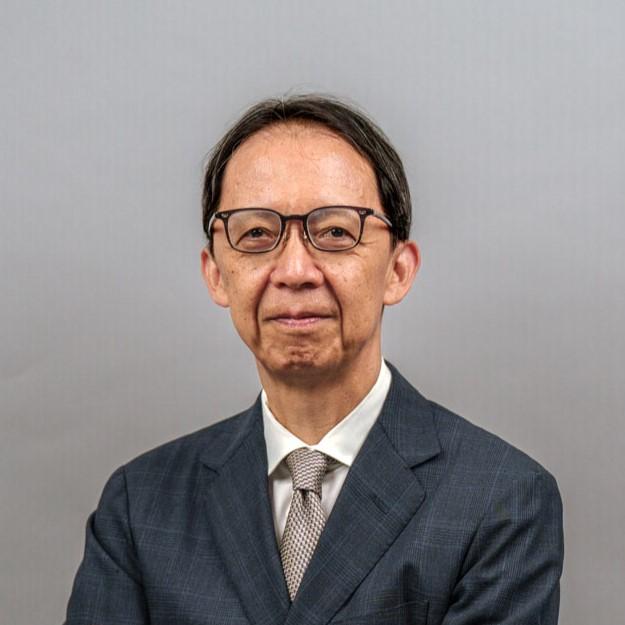Kindling Intellectual Curiosity
for Global Success
Toru Takebayashi
Dean, School of Medicine
Founded in 1917, the Keio University School of Medicine traces its origins back to Yukichi Fukuzawa’s strong belief in the importance of education and research in the natural sciences, shaped by his studies in medicine at Tekijuku in Osaka. Building on that vision, the School of Medicine’s first dean, Shibasaburo Kitasato, launched full-fledged efforts in medical education, research, and clinical care at the university.
Yukichi Fukuzawa and Shibasaburo Kitasato—two leading figures of early modern Japan—shared a deep connection that transcended their difference in age. Fukuzawa supported Kitasato’s efforts both publicly and privately after his return from studying in Germany. In turn, Kitasato was deeply influenced by their relationship and remained profoundly grateful to Fukuzawa throughout his life.
Kitasato inherited Fukuzawa’s enduring emphasis on independence and self-respect, as well as his commitment to practical learning grounded in science. He articulated a vision in which basic and clinical medicine are united “as one family” to take the lead in creating new forms of medicine and healthcare. This founding philosophy of the Keio University School of Medicine continues to shine even more brightly in today’s world, shaped by the experience of the COVID-19 pandemic and the pursuit of a new vision for society. A spirit of mutual respect, intellectual freedom, and a drive to create new approaches to medicine and healthcare through individual initiative continues to permeate Keio’s School of Medicine and its graduate programs, as well as the Keio University Hospital. This enduring culture shapes a dynamic environment for learning and practice.
We place great importance on cultivating “physician scientists” in the spirit of Fukuzawa and the philosophy of Kitasato. But this does not simply mean training physicians who think scientifically. Rather, it refers to a mindset of curiosity, independent thinking, and the drive to take on challenges through academic inquiry. This mindset is widely shared as a lifelong guiding principle among Keio-trained physicians and medical researchers. The Keio University School of Medicine provides many opportunities for students to nurture their curiosity and pursue new challenges.
The Keio University School of Medicine offers students many opportunities to nurture their curiosity and pursue new challenges.
・The Strength of a Comprehensive University: In their first year at Hiyoshi Campus, students learn alongside peers from various faculties, allowing them to develop diverse interests and form broad personal connections. Expanding one’s worldview, developing intellectual breadth, and forming lifelong friendships are essential experiences for those aspiring to become globally active physician scientists.
・Early Engagement in Research: Many students begin doing research early on, often prompted by lab tours that occur shortly after enrollment. In their third year, students choose a topic of personal interest and conduct research under the guidance of leading experts. Active involvement in both basic and clinical research helps build a solid foundation for becoming a physician scientist.
・Global Experiences: Curiosity drives Keio medical students to look beyond Japan. In their fifth year, more than half of students take part in clinical training programs abroad, including in the U.S., Europe, and Asia, gaining invaluable experience. Students also take part in ongoing extracurricular activities in South America (in particular Brazil), Asia (including Korea and China), and various African countries. They offer rare opportunities to experience firsthand how people's lives are sustained and nurtured not only within the hospital, but across communities and in society at large.
It is these wide-ranging experiences that enable graduates of Keio University School of Medicine to pursue diverse career paths. We respect diversity and value the individuality and aspirations of every student, and the Keio University School of Medicine provides students with an environment where they can nurture their curiosity and take on new challenges during one of the most formative periods of their lives. We will continue to evolve as a global leader dedicated to training creative physicians and researchers who can make a difference around the world.


Prof. Takebayashi serves as Dean of Keio University School of Medicine and Professor in the Department of Preventive Medicine and Public Health. His areas of specialization include public health, epidemiology, and occupational medicine.
Related Links


